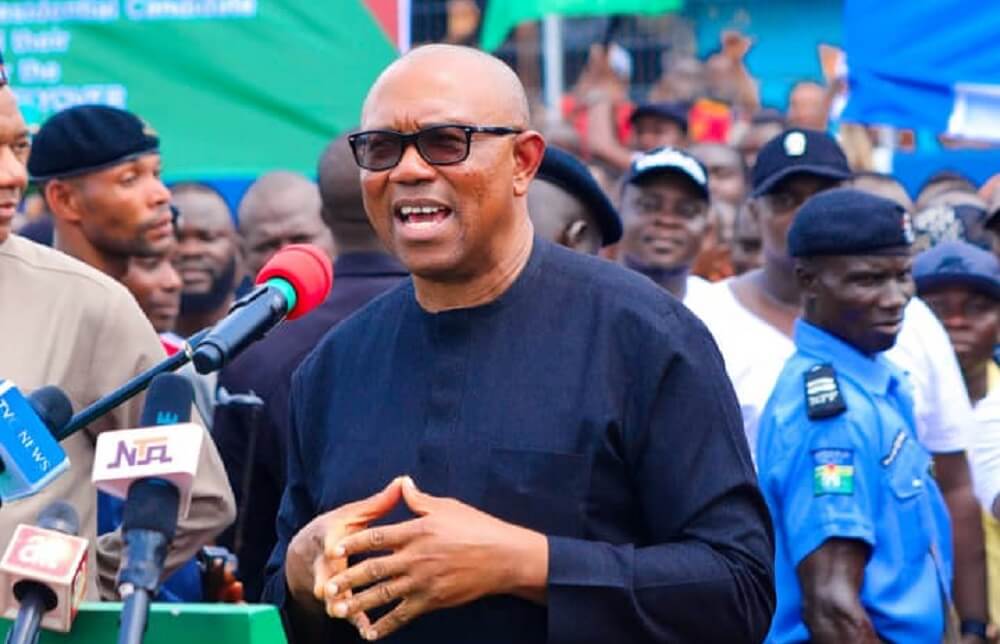
In response to the recent directive by the Nigerian government for the full implementation of the Oronsaye Report, the 2023 presidential candidate of the Labour Party, Mr. Peter Obi has urged caution and thoughtful consideration in executing the proposed reforms.
The Oronsaye Report, a comprehensive document initiated during the tenure of former President Goodluck Jonathan, has resurfaced as Chief Bola Tinubu orders its implementation, potentially impacting the structure and operations of numerous government agencies.
Peter Obi reiterated his stance on the Oronsaye Report, emphasizing its potential to streamline government operations, reduce costs, and enhance productivity. In a statement posted on his social media platform, he referenced his previous endorsement of the report during his tenure as a presidential candidate and highlighted its core principles aimed at improving governance effectiveness.
“I have always been an advocate of the 3 critical components of the Oronsaye Report,” stated Obi, “which are drastically cutting the cost of governance, eliminating overlapping responsibilities, and increasing efficiency and effectiveness.”
While acknowledging the necessity of implementing the report, Obi cautioned against hasty actions that could exacerbate challenges for civil servants and the broader populace. He stressed the importance of understanding the intricate workings of the federal bureaucracy and called for measures to mitigate the potential adverse effects of downsizing and restructuring.
“Conscious effort must be made to cushion the effects of such a major overhaul on the workers, to avoid driving more people into hardship, in these very challenging times,” remarked Obi.
The Oronsaye Report, comprising over 800 pages of recommendations, proposes significant changes to the structure of government agencies, including mergers, scrapping, and relocations. These proposed reforms aim to streamline operations, reduce duplication of efforts, and optimize resource allocation across various sectors.
However, amidst the government’s directive for immediate implementation, concerns have been raised regarding the transparency of the process, the fate of affected employees, and the reallocation of saved resources. Obi emphasized the importance of clear communication, accountability, and a well-defined framework to guide the implementation process and prevent future bureaucratic bloating.
“Government must show clearly the amount of resources to be saved… and indicate clearly where and how the saved resources are to be redeployed,” asserted Obi.
As the government moves forward with its implementation plans, Obi called upon political leaders to demonstrate willingness to sacrifice personal comfort for the greater good of the nation. He underscored the need for collaborative efforts to ensure that reforms are executed with sensitivity and pragmatism, reflecting the aspirations of the Nigerian populace for a more efficient and accountable governance system.
“In implementing this Report, conscious effort must be made to cushion the effects… and to avoid a future bloating of government,” emphasized Obi.



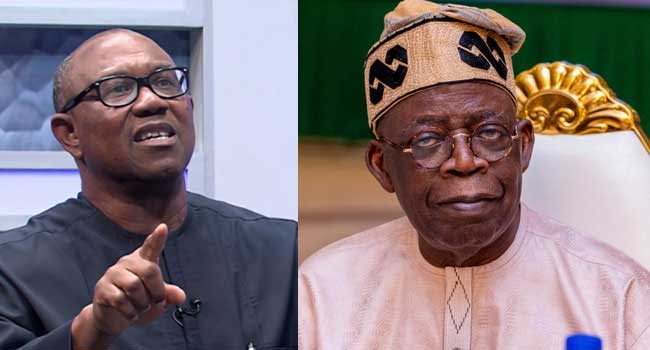
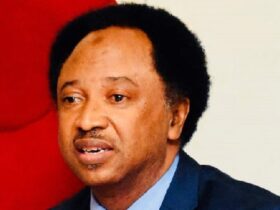
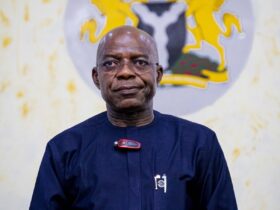


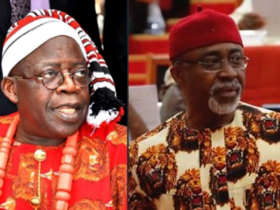
Leave a Reply